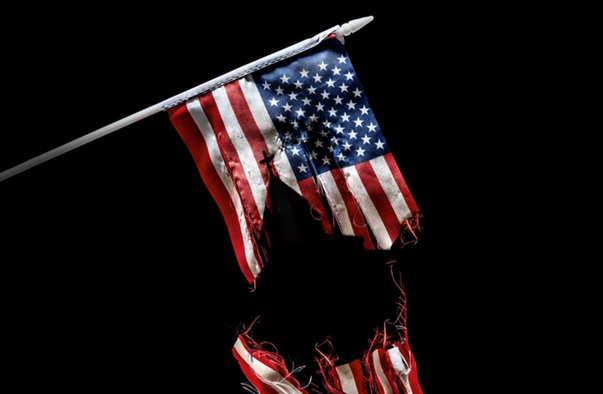By Daniel K. Williams
Recent demographic analyses suggest that Christians will constitute a minority of the American population in less than 50 years—which has understandably caused some alarm among believers. But most of the anxiety is misplaced.
This is not the first time that prognosticators have predicted the imminent end of Bible-believing Christianity. Such predictions have been circulating for the past hundred years. There are good reasons to believe that orthodox Christianity in the United States is not likely to retreat in the same way that it has in Britain or much of Western Europe.
Instead, it will transform—and the result is likely to be disconcerting to believers and secularists alike.
To understand what changes are likely to occur in the next half century, it’s important to remember what did—and did not—happen after each of the earlier predictions of the imminent collapse of American Christianity or evangelical Protestantism.
In the 1920s and 1930s, liberal Protestants predicted the demise of those who believed in the “fundamentals” of the faith—including the Virgin Birth, biblical inerrancy, and the literal, physical second coming of Jesus.
Such projections concluded that American Christianity would become overwhelmingly liberal in its theology and these “fundamentalists” would account for only a small minority.
“Fundamentalism is still with us but mostly in the backwaters,” liberal New York pastor Harry Emerson Fosdick declared in 1935. “The future of the churches, if we will have it so, is in the hands of modernism.”
In the mid-1960s, professors at America’s leading divinity schools began predicting not only that would belief in the “fundamentals” soon shrink, but that even Christian theism itself might vanish—at least among the educated. Their reasoning at the time was that belief in the God of the Bible no longer seemed rational or met the needs of the contemporary generation.
For instance, mid-20th-century theologian Paul Tillich attempted to redefine God in existentialist terms as the “ground of being,” and Harvard Divinity School professor Harvey Cox’s tried to redefine Christianity as a secular ethic. Most controversial of all, a Time magazine cover in April 1966 provocatively asked the question “Is God Dead?”
In the early 21st century, analyses of public opinion polling data led some to predict “the end of Christian America,” as a Newsweek cover story phrased it in 2009.
In other words, for the past century, numerous people have been predicting that orthodox Christian doctrine, and maybe even Christian theism or the Christian label itself, would become passé in the United States, especially among the educated.
And in the end, it turns out theologically orthodox Christianity has had a lot more staying power than these predictions have suggested.
